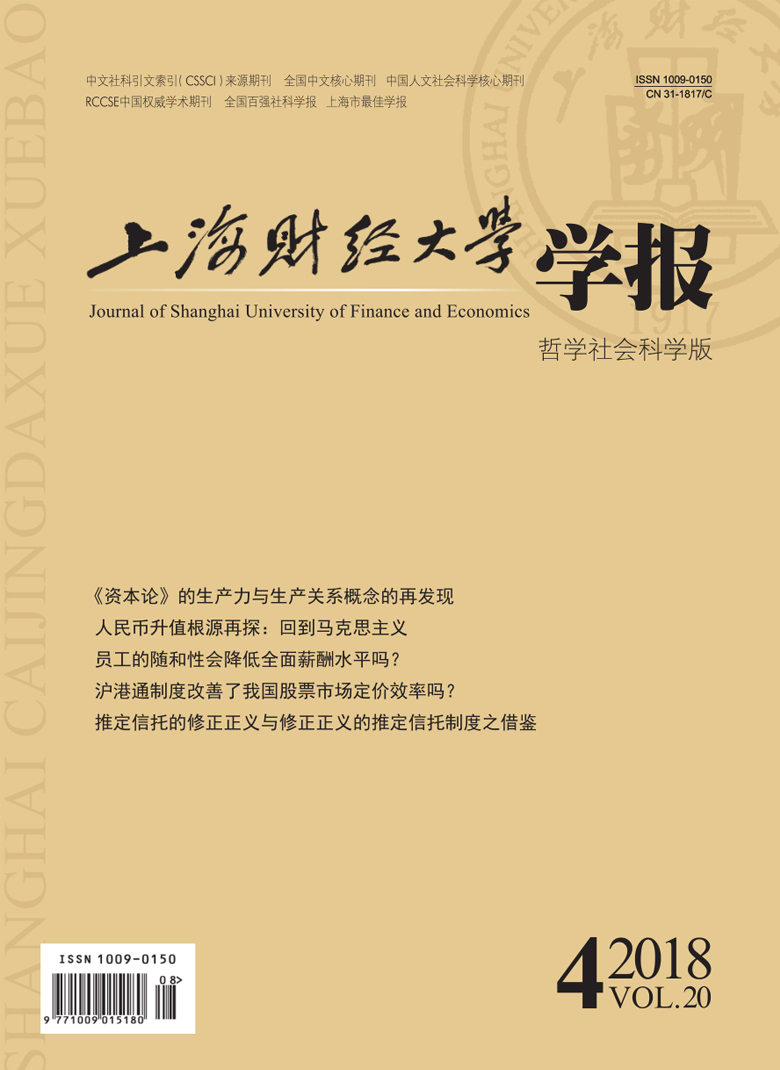The Shanghai-Hong Kong Stock Connect (SHSC) program, which was launched on November 17th, 2014, is a cross-boundary investment channel that connects the Shanghai Stock Exchange and the Hong Kong Stock Exchange. Under the program, investors in each market are able to trade shares on the other market using their local brokers and clearing houses. With the introduction of the SHSC Policy, its interconnection mechanism can be regarded as the elimination of the two-way flow restriction between Shanghai and Hong Kong capital. Therefore, to a certain extent, the implementation of SHSC will effectively strengthen the marketization of Chinese capital. In order to investigate whether the launch of SHSC has truly promoted the two-way opening up between Mainland China and Hong Kong, this paper is trying to verify the series of market effects brought by SHSC. We firstly divides the development of SHSC into three stages: before, during and after the announcement, and then we construct the corresponding network topology characteristics for each stage based on the complex network theory and analyze the changes in the correlation degree of Shanghai-Hong Kong stock market. Specifically, based on both Shanghai Stock Exchange 180 Index and Hang Seng Index constituent stocks, and their cross-listed A-shares and H-shares (2013-01 to 2016-02), by using MST and PMFG algorithms, this paper studies the overall implied stock market information and explores the effects caused by SHSC. The results show that: (1) Before the announcement of SHSC and after the launch of SHSC, the dependence existing inside each market is larger than the one between two markets, and A-shares and H-shares are separated to each other; while during the public announcement, they are indeed showing some mixing. (2) During the announcement of SHSC, the dependence between Shanghai and Hong Kong stock markets is strengthened, and significant expected market effects are demonstrated. (3) After the launch of SHSC, the market dependence increases and remains at a high level in the short run, and there implies a short-term arbitrage effect, while the policy from the Mainland decreases the dependence between the two markets. The conclusions will have a certain inspiration for the rational investment of investors. In addition, the robust tests such as event analyses and placebo tests again verify the reliability of our results. Although there are some areas need to be constantly adjusted and improved in the early stages, this cannot conceal the positive effects it has brought.
 / Journals / Journal of Shanghai University of Finance and Economics
/ Journals / Journal of Shanghai University of Finance and EconomicsJournal of Shanghai University of Finance and Economics
LiuYuanchun, Editor-in-Chief
ZhengChunrong, Vice Executive Editor-in-Chief
GuoChanglin YanJinqiang WangWenbin WuWenfang, Vice Editor-in-Chief
Expected Effects, Arbitrage Effects and Policy Effects in the Capital Market: An Analysis Based on the Shanghai-Hong Kong Stock Connect Program
Journal of Shanghai University of Finance and Economics Vol. 20, Issue 04, pp. 93 - 110 (2018) DOI:10.16538/j.cnki.jsufe.2018.04.007
Summary
References
Summary
Cite this article
Fang Yan, He Xuehui, Wu Wenbin. Expected Effects, Arbitrage Effects and Policy Effects in the Capital Market: An Analysis Based on the Shanghai-Hong Kong Stock Connect Program[J]. Journal of Shanghai University of Finance and Economics, 2018, 20(4): 93-110.
Export Citations as:
For




 6945
6945  9921
9921

